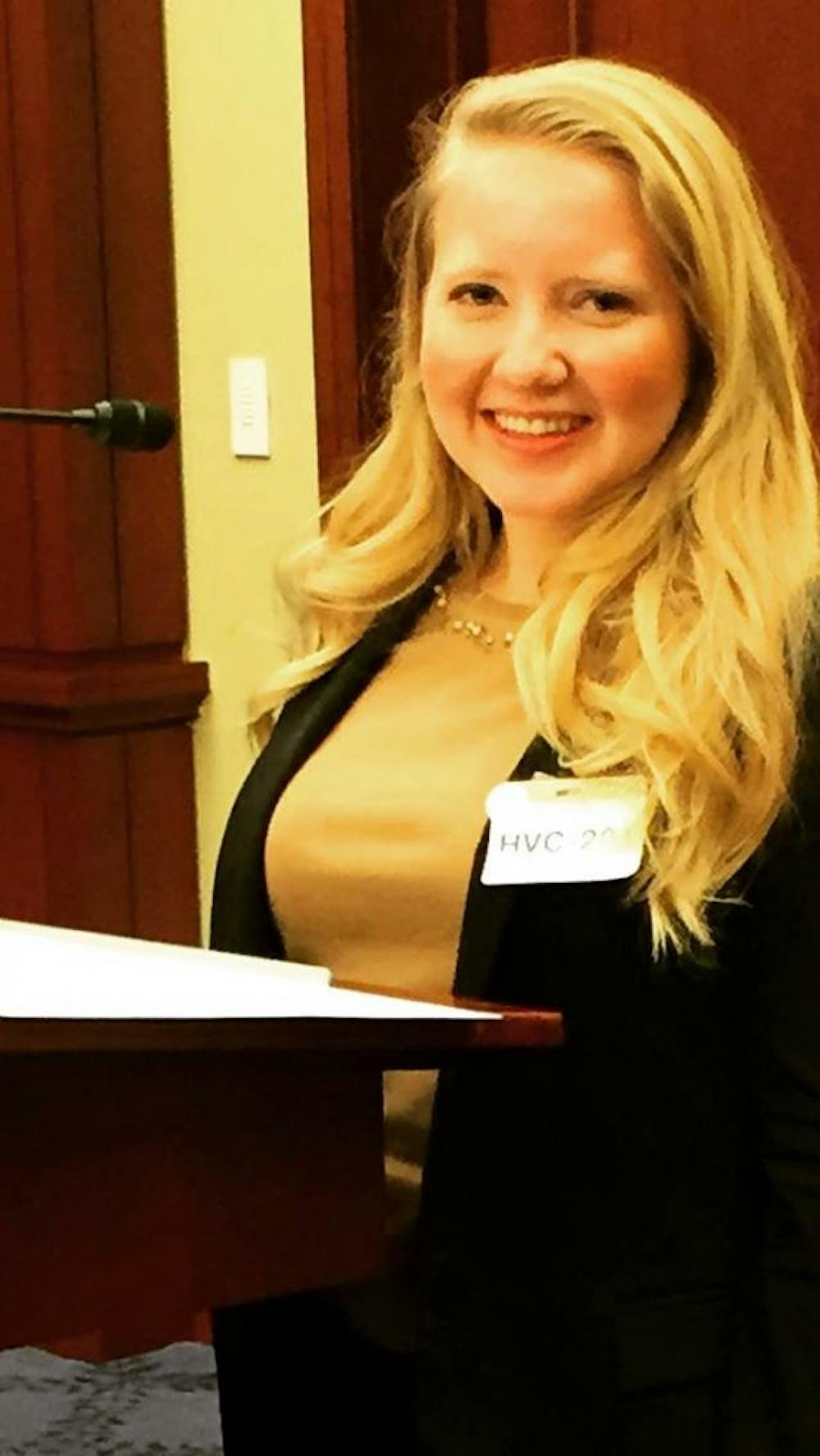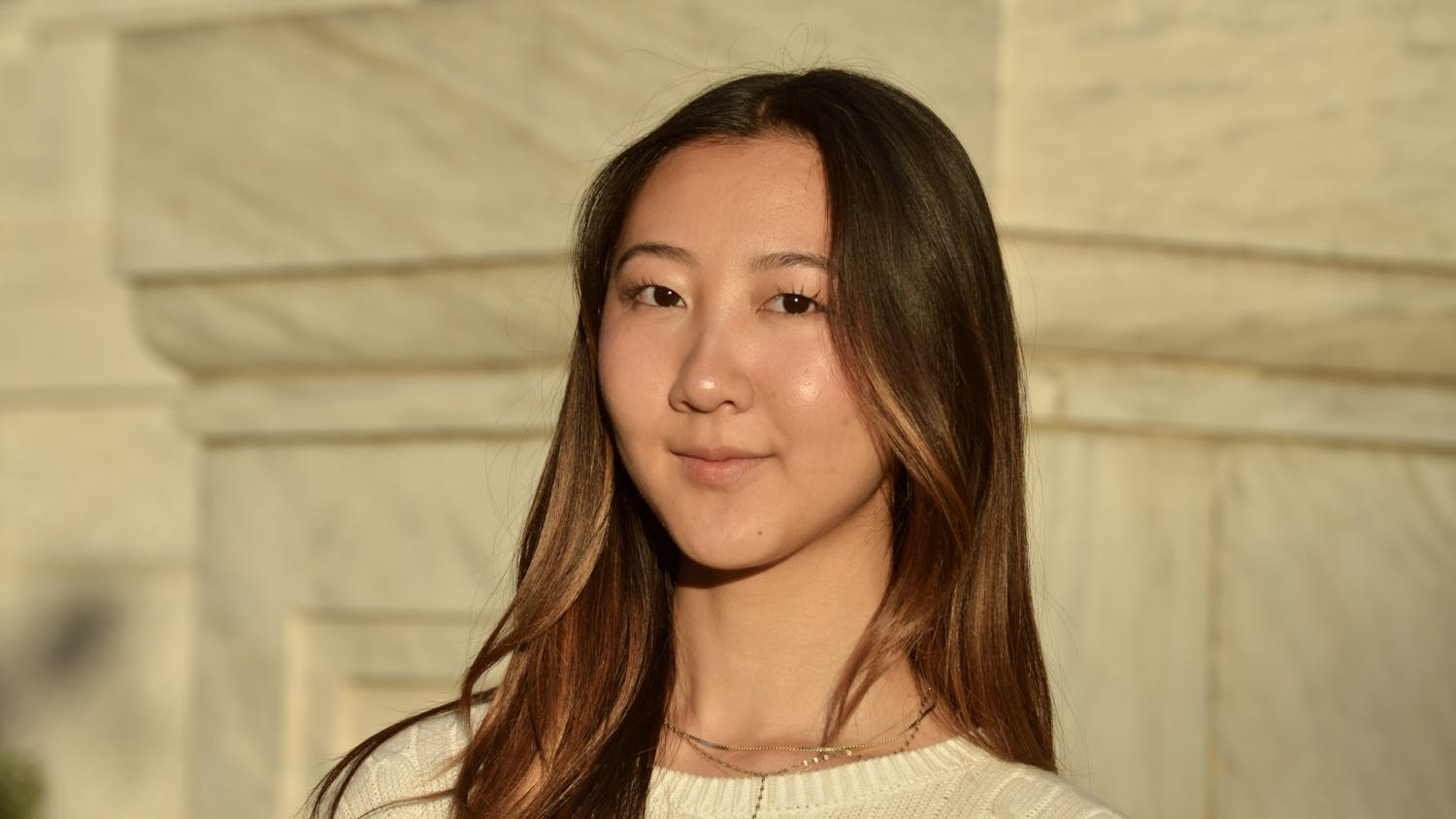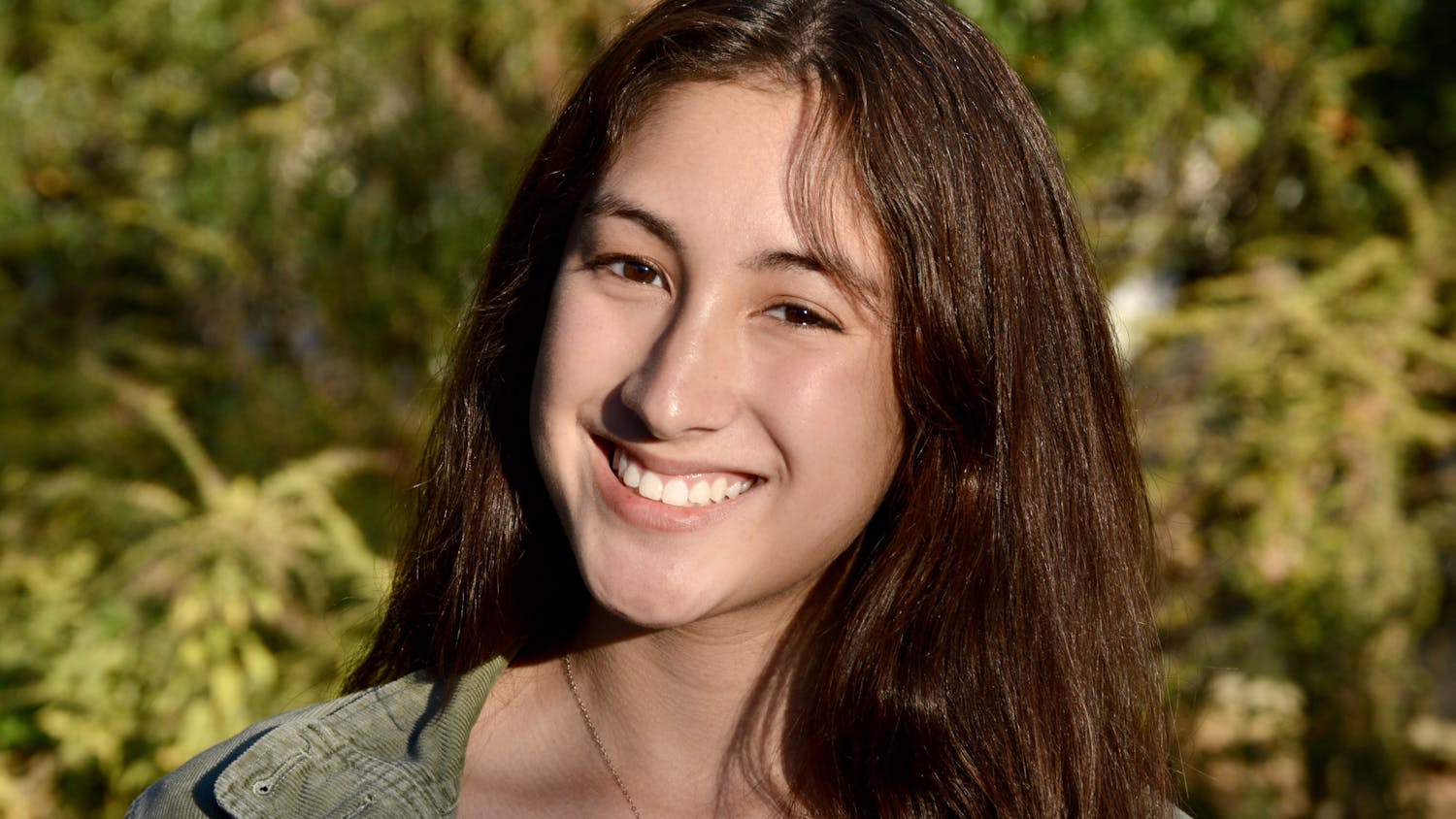As election night falls upon us, many Americans are asking themselves: is democracy actually worth it?
Two of the most unpopular candidates in history face election tonight, and Americans must choose between the lesser of two evils. Although choosing the lesser of two evils is a common sentiment toward elections, these two candidates seem to be considered worse than their predecessors. According to a Washington Post/ABC News poll conducted October 26-29, 59 percent of registered voters have a negative impression of both Hillary Clinton and Donald Trump. Forty-seven percent of registered voters also have a “strongly unfavorable” view of both candidates as well.
With such disdain by the majority of Americans for their future leaders, some people are questioning the power of democracy. The New Yorker released an article last week titled, “The Case Against Democracy,” examining the value of a system where the “knowledgeable” have the most power in voting. “Queen Offers to Restore British Rule Over United States,” was a comedic article from Andy Borowitz where he jokes about Queen Elizabeth II restoring British rule over the United States, making it “clear that she has never used e-mail and has only had sex with one person ‘very occasionally.’”
While Borowitz giggles, well-educated Americans sweat. At this point, the Queen’s rule does appear to be more tasteful than a male candidate who abuses women, or a female candidate covered in scandal.
Examining the flaws of democracy a bit closer, the most reasonable case against a system where all citizens are equal in voting is the power of the uneducated voter. According to a 2014 study from Pew Research, only 53 percent of respondents could correctly identify the party of their congressional representatives. 22 percent incorrectly identified their representative’s party even though they claimed to know it. This is alarming because 22 percent of registered voters could determine the future of the United States.
In “The Case Against Democracy,” writer Caleb Crain outlined a system called, “epistocracy.” This form of government would function as a polity run by educated voters. Another academic from Princeton named Jason Brennan also released a new book called Against Democracy in favor of this system, suggesting that an epistocracy would actually allow those who are more enlightened against discrimination to vote and prevent those who have immense biases against minorities from actually voting. When outlining how this specific system would work, Brennan and other scholars remained vague.
Many scholars argue against this system because it would make citizens inherently unequal. Denying that some citizens might know more than others, screening voters may implement biases against certain groups that have been historically disadvantaged, and give an unequal amount of power to one group over another is inherently wrong to most American citizens. Without a clear outline of how this would work, it is difficult to see how people could have socioeconomic mobility or power to accelerate in an epistocracy.
Our constitutional democracy does have flaws, but it also allows people to improve themselves. Over time, our citizenry has become more educated. Despite Brennan’s claim that the educated elite would have limited biases, history has proven that disenfranchised groups have been subjected to the mercy of educated elites. African-Americans, women and other minority groups fought for equal rights against this well-educated class for centuries. Since gaining more political power in the constitutional democracy we have, these groups increased educational rates and became mobile in socioeconomic status.
Many Americans fear the future of our country, and we can only improve if we examine ourselves and confront our flaws. While people may have immense political power in the popular vote, the electoral college exists to be a check against the power of the ignorant in our system. Our founders predicted the power of the uneducated voter, and that is why the electoral college exists. However, the college must choose between two highly-flawed candidates in 2016.
I believe in the power of a constitutional democracy. Groups with historical disenfranchisement are given influence in this system that they would not receive under another form of government. Those who have little means are able to gain power and influence with hard work and dedication. This only happens successfully in the American political system.
After this election, Americans need to turn inward and examine their strengths and flaws. We must consult each other across the aisle to create compromises and move towards the future, while not leaving each other behind. We must fix the faults and build on our strengths. Most of all, we must trust our system that has provided hope and promise to its citizens for the past 240 years.
Krista Chavez is a junior in the School of Public Affairs and a columnist for The Eagle.





